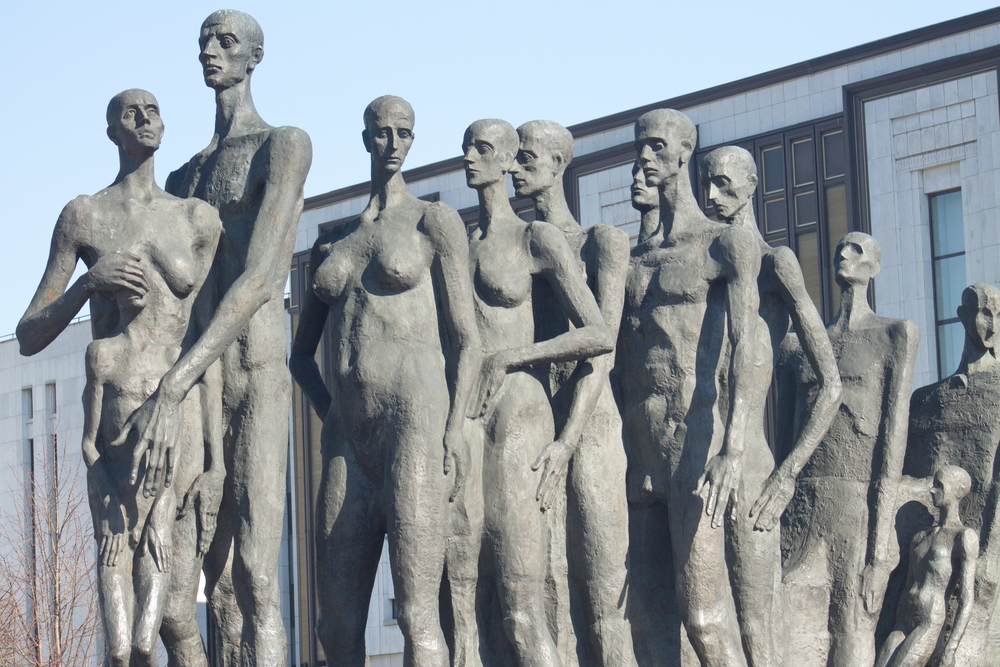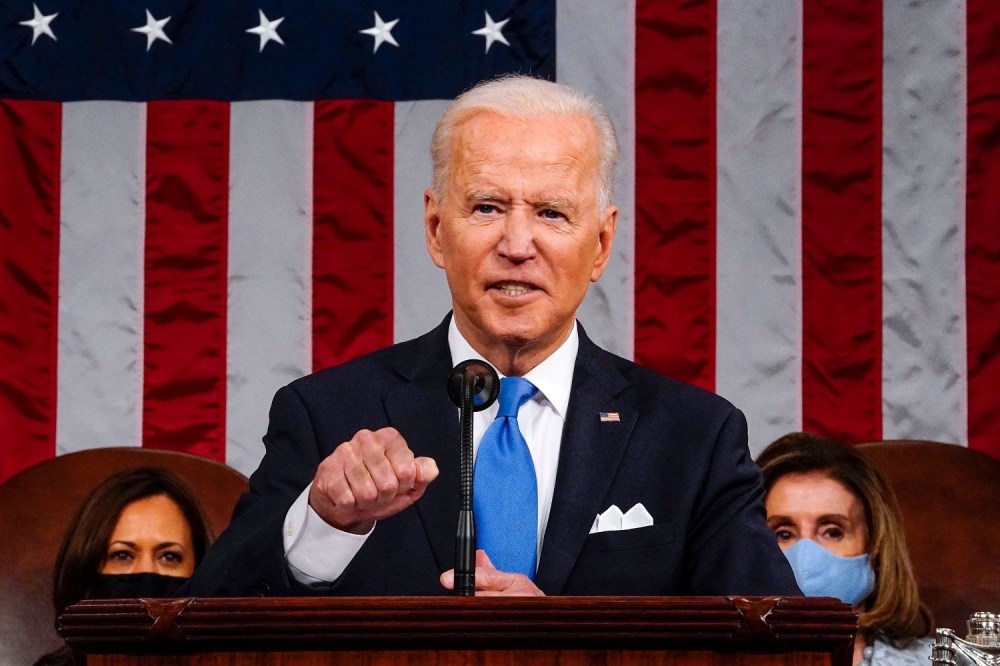Ok, let's work with that. The tenets of fascist economics, state before individual, planned industrial harmony (private ownership with government direction), mercantilism, and protectionism, do not require a dictatorship for implementation even though that's all we've seen so far in this world. The economic system does require a very strong central government leading the charge. But that federal government can bend to the whims of referendums and elections as easily as it can be the embodiment of a single person or small group. Especially as that strong central government seeks more and more to serve the interests of society rather than the will of the people they are elected to represent. Then it becomes an authoritarian democracy. Now, in the name of serving society (things like equity and social justice), if that authoritarian democracy then enacts controls on corporations and industry to set wages, tells companies how much they can make and when they are making more than their fair share, directs what can and cannot be built, provides benefits (such as loans and tax credits and such) to companies not based on their market abilities but on some social profile (such as diversity or minority-ownership), and so on, then they are building a fascist economic structure directed by a democratic government.
The problem is that the overall direction of America hasn't been undone by an election. Power is being consolidated in the federal government no matter who has held the federal government. The Senate and Congress has allowed their power to be eroded by the Executive branch (even with the impeachments of Trump). Packing the SCOTUS means that the Executive would then hold political power over the entire Judicial. More and more House Representatives are fighting national battles rather than local ones. You have major cities in America that have had one-party rule for 100 years or more. Social media is now filtering political speech in the digital public square to steer discourse. America will always be a democracy, and I believe that we'll always have individual ownership of property and corporations. But the federal government is evolving into a directive and controlling force. What will result won't be democratic socialism, it's going to be a democracy sitting above an economy that employs fascist economic principles. Biden even addressed this in the State of the Union:
"That was the message he laid out Wednesday night in a State of the Union-like address to Congress, where he directly connected bolstering the U.S. economy to the competition to “win the 21st century” against China. And Biden veered from his prepared remarks to deliver a stern warning to lawmakers: China thinks the United States is moving too slowly.
“I spent a lot of time with President Xi—traveled over 17,000 miles with him, spent over 24 hours in private discussions with him,” Biden said. “He’s deadly earnest on becoming the most significant, consequential nation in the world. He and others, autocrats, think that democracy can’t compete in the 21st century with autocracies, because it takes too long to get consensus.”
But even in a consensus-driven system, Biden has made one thing clear: He’s running the show."
The U.S. president’s first 100 days in office show foreign policy is (nearly) all about domestic policy.

foreignpolicy.com


